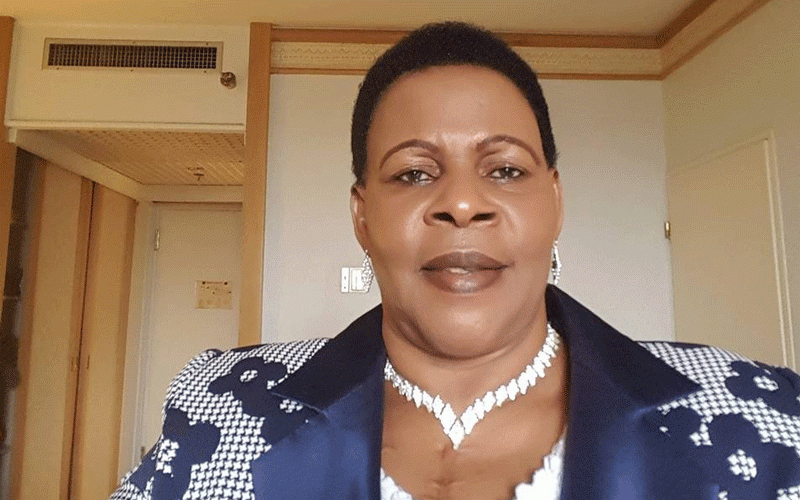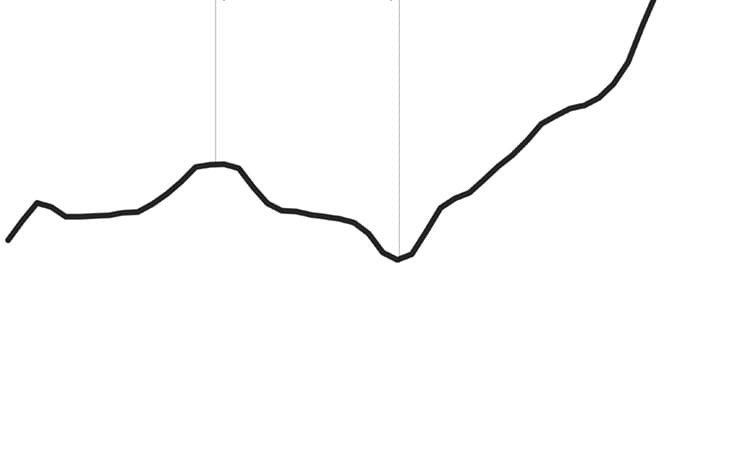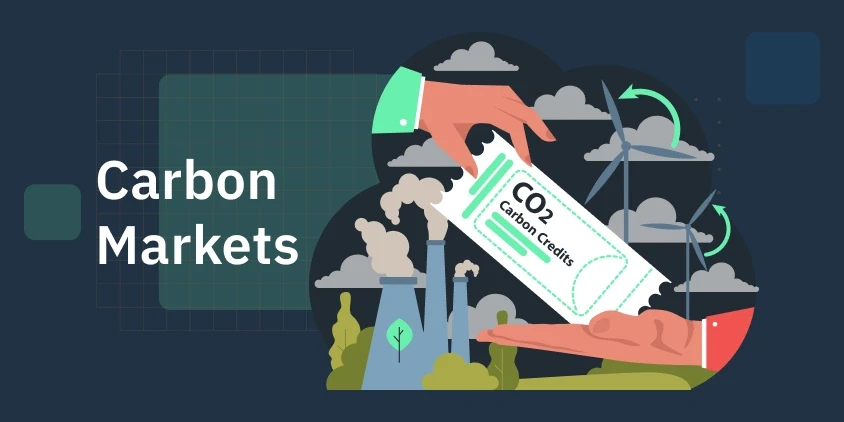
There have been calls by Zimbabwean youths for a review of the public procurement laws to preserve a portion of public procurement for them in order to create employment in that sector.
Purchasing & Supply with Nyasha Chizu
This demand is very reasonable but is somehow at cross purpose with other elements of public finance management, such as the fiduciary obligations of accounting officers of providing equal opportunity in selecting suppliers that will benefit from economic advantages inherent in contractual relationships, coupled with that of economic efficiency.Public officers have a duty to ensure value for money in procurement activities. The principle of equal opportunity and preferential procurement are opposite with the goal of economic efficiency.
A philosophical observation is that commitment to equal opportunity constitutes an intrinsic value of procurement mechanism, rather than just an instrumental value whose sole purpose is to serve the other values of public procurement, which are to achieve efficiency and ensure integrity.
In that regard, public procurement mechanism is usually required in order to maintain ‘administrative equality’ more than it is needed to guard against ‘unconstitutional discrimination’.
Commitment to equality is therefore an intrinsic value of public procurement in light of the public trustees’ role of officers.
Equality is in two forms, substantive or formal. Formal equality is also referred to as procedural equality that simply demands ‘identical treatment’ for all.
A distinction between individuals will be deemed harmful to equality on the basis of age or gender. Substantive equality on the other hand consists of equal treatment of equals and different treatment for those who are different when circumstances justify discrimination.
- Chamisa under fire over US$120K donation
- Mavhunga puts DeMbare into Chibuku quarterfinals
- Pension funds bet on Cabora Bassa oilfields
- Councils defy govt fire tender directive
Keep Reading
This allows for definition of characteristics that are relevant to particular circumstances, which either justify or rule out the equal or unequal treatment.
Naturally, this step requires the making of value judgments, which often breed dispute and controversy.The dilemma in the application of substantive equality to preserve trade for a specific youth sector starts from the definition of the youth.The appropriate cut off point given the fact that age is a number is difficult to classify. Is 20, 40 and 50 year old classified as youth?
Secondly, some youths are rich when other are very poor, some have established businesses competing with large cooperates already when most of them have nowhere to start from. The management of the youth cluster therefore becomes a challenge.There is also a challenge of fronting that is very difficult to manage where preferential treatment in procurement is adopted.
Fronting is a system where the preferred sector is secretly acting on behalf of wealthy individuals outside the sphere of that sector.The established business man will inevitably be shadowed by the youth at the detriment of substantive cluster’s objective of promoting the youths.
Zimbabwean youths in the meantime can take advantage of the current public procurement laws that allow for 10% preference to locals whilst they wait for legislative system to consider their proposal.A local bidder can be awarded a contract if the winning bidder is foreign and the foreign bid price is 10% less than that of a local bidder. The provision provides for economic efficiency in public procurement.
To succeed in setting aside a portion of public procurement to youths, there is a lot of administrative work by industry and commerce and the public procurement authority that is required to sieve out capable and deserving youths from actors given the important role of public procurement in efficient public service.
Nyasha Chizu is a Fellow of the Chartered Institute of Procurement and Supply writing in his personal capacity. Feedback: chizunyasha@yahoo.com; nyashachizu@harleyreed.com











